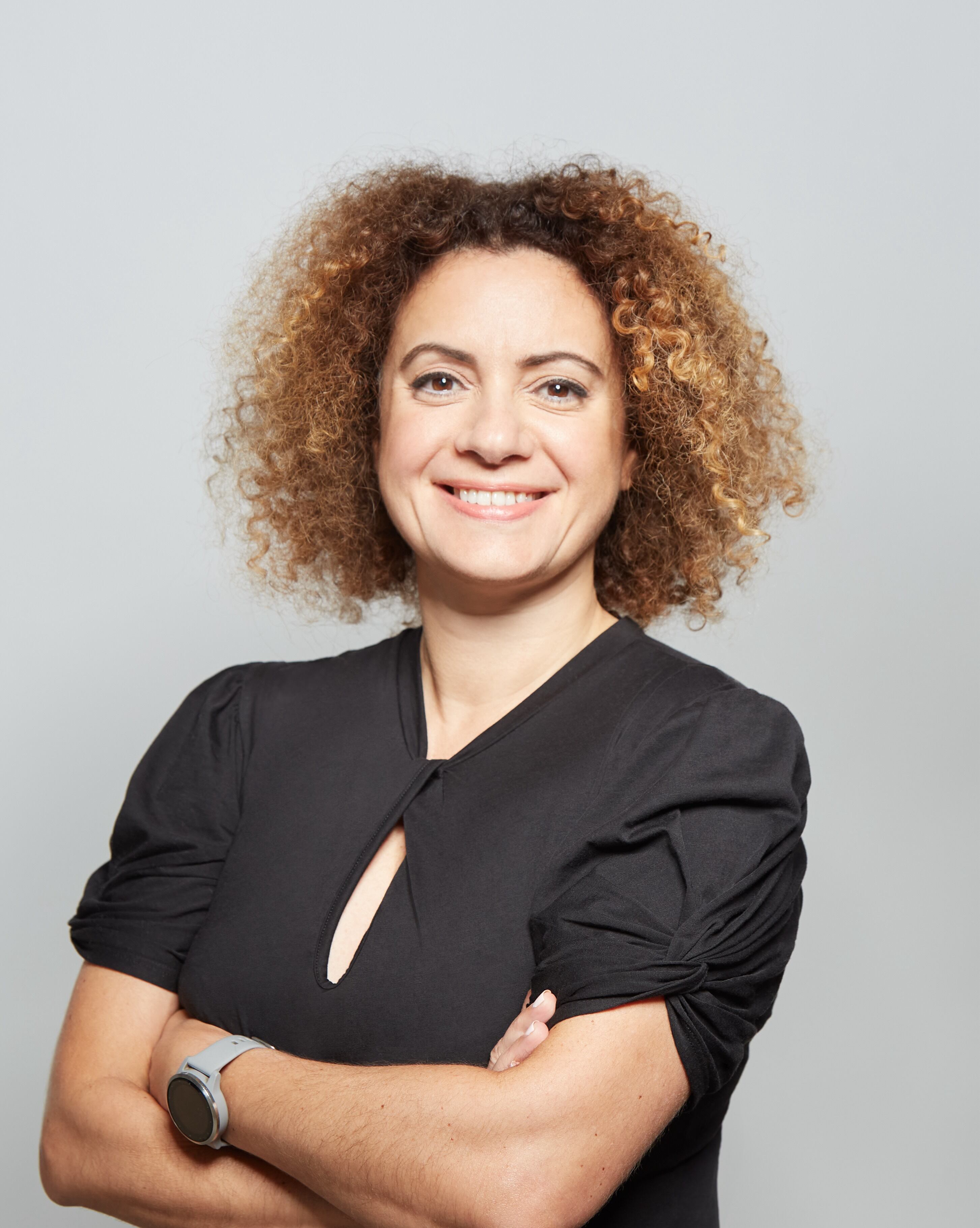This might be expected from an executive of her stature who is more than a 20-year veteran of the nutrition, science and food technology industry (and with a PhD in physiology). Knowledge does not always equate to passion, though Abou Samra had little difficulty expressing both in a recent interview with NutraIngredients-USA. Her enthusiasm became apparent in her explanation of several high-profile investments (longevity brand Timeline) and acquisitions (Vowst) at Nestlé Health Science.
There is one R&D topic, however, that she appeared most ready to discuss: Collagen.
“Collagen is an amazing ingredient,” Abou Samra said. “Collagen is really an incomplete protein that has benefits regarding our connective tissue within the body. It's not just impacting your skin and your hair and your nails, it also impacts your joints, your muscles, everything.”
Collagen is the most abundant protein in the human body. It represents nearly 30% of all protein content and 70% of the protein content found in the skin. However, collagen production starts to decline at about age 25.
In 2020, Nestlé Health Science acquired Vital Proteins, a collagen brand and a lifestyle and wellness platform offering supplements, beverages and food products. Shortly thereafter, Abou Samra became its vice president of research and development. It was created as a brand for women building on the health benefits of collagen.
“Basically, at the beginning, our key interest in Vital Proteins was that we needed to enter the space of Women's Health and also become pioneers within the collagen category,” she said. “It's really giving us this key positioning within Women's Health that we could tackle, and [the category] is extremely, extremely attractive right now.”
According to ResearchandMarkets.com, the global women's health and beauty supplements market is expected to grow from nearly $84 billion in 2024 to about $129 billion in 2028.

Nestlé understands this trend, and Abou Samra added that the company is investing in further collagen research, conducting clinical trials to understand how to leverage the ingredient beyond hair, skin and nails, exploring potential benefits for the gut and even wound healing.
Collagen is only one nutraceutical in the Nestle portfolio, as the company offers a variety of vitamins, mineral and oral nutritional supplements from brands such as Garden of Life, Pure Encapsulations, Wobenzym, Douglas Laboratories, Persona Nutrition, Genestra, Orthica, Minami, AOV and Klean Athlete.
“When you acquire companies, you always look at the portfolio and start doing a retrospective, basically looking into whether the ingredients still make sense…can we still make the claims that we’re making?” Abou Samra said.
To accomplish this, Nestle works with a range of institutions to establish new ingredient science and to determine the expense of creating them.
“We have an R&D organization across Nestlé where we run our own research, and we create our own intellectual property. And sometimes we create our own ingredients that we either manufacture ourselves or we work with third parties to manufacture,” Abou Samra added. “We have this almost 360-degree way of looking at innovation by scouting suppliers, academic institutions, inventors and discovery startups, and also creating our own science.”
The microbiome
Nestlé Health Science is in the process of acquiring Vowst from Seres Therapeutics. Vowst offers the first prescription FDA-approved microbiome treatment in oral capsules composed of good bacteria isolated from the stool of qualified donors to prevent Clostridioides difficile (C. diff) infection from coming back. It is administered in people after antibiotic treatment for the infection is completed.
Nestlé Health Science has been commercializing Vowst, which is made from fecal microbiota spores, since the product’s U.S. launch in June 2023. It is not a probiotic.
Vowst was supported by a robust Phase 3 development program, including a multicenter, randomized, placebo-controlled investigation in individuals with C. Diff, the results of which were published in the New England Journal of Medicine. It showed Vowst offered a 68% lower risk of C. Diff infection as compared to antibiotics alone. In another analysis, an open-label, single arm study evaluating Vowst in 263 adult participants with C. Diff, researchers said the treatment was “a paradigm shift” in the clinical management of recurrent infections. That study was published in the JAMA Network Open.
Although Abou Samra said Vowst is a specific intervention, it could be expanded to deal with other diseases of the gut. This treatment is not to be confused with probiotics. Abou Samra made clear that Nestlé Health Science tackles microbiome modulation through the development of probiotics and functional ingredients the company positions as supplements.
“Nestle has a long history of research on probiotics,” she said.
Although Nestlé is pursuing a microbiome-focused pharmaceutical, the growth of probiotics remains key for the company, Abou Samra added.
Supporting longevity
Nestlé may have had its beginnings in baby formula, but the company today is one focused on the lifespan. This includes supporting R&D emphasizing longevity. Earlier this year, L’Oréal and Nestlé invested in Timeline, a brand from Swiss life sciences company Amazentis.
Timeline initially became social media famous when Elon Musk’s mother espoused the benefits of Mitopure, but Timeline’s proprietary molecule is supported by hard science, including 15 years of research. Its clinically-proven formula includes a highly pure form of Urolithin A shown to help address age-related cellular decline and improve muscle strength.
“They’ve created a compound that gets secreted by your microbiome when you ingest pomegranate,” Abou Samra said. “Timeline saw that there was a lot of benefits related to the mitochondria and the rejuvenation of the mitochondria within the muscle cells, which led to the whole discussion on the impact on longevity.”
She added that Nestlé Health Science has been a part of the journey with Amazentis since its early days. It invested in the company to help Timeline with the upscaling and raw material of Mitopure so that it becomes available for Nestle to incorporate into a finished product and to launch it.
However, Nestlé’s portfolio raises one question: How many supplements and probiotics should a person consume for well-being?
“Do I need to take 50 pills a day to be able to live longer and be healthy?” Abou Samra asked. “Our products are more and more potent. Higher potency means taking fewer pills but also making sure the science is properly backed.”


